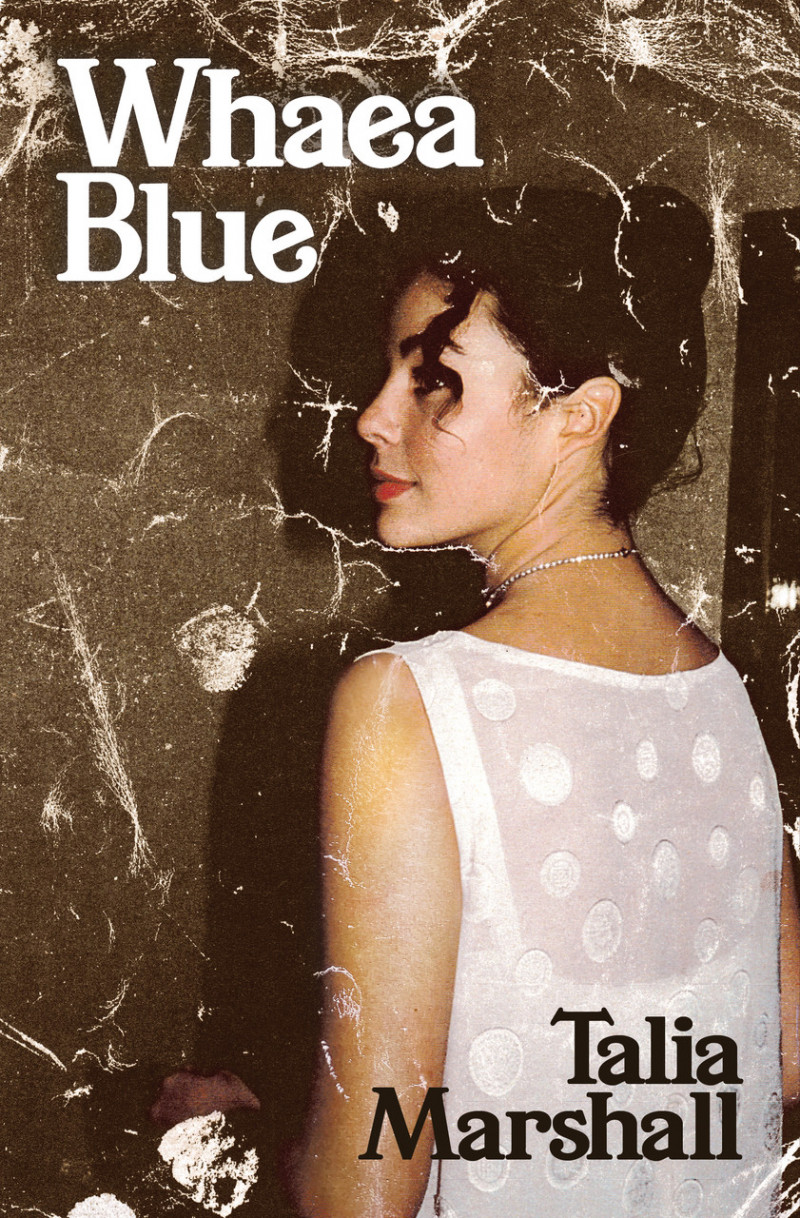Whaea Blue
Written by: Talia Marshall
Te Herenga Waka University Press
Reviewed by: Margaret Austin
Mothers and memoirs don’t go together, notes our author at the outset – heaven forbid mothers should start editing! That said, this is a tale dedicated to mothers (whaea) and other wāhine in a life packed with drama, reflection, and wry humour.
Whaea Blue has already been described in superlatives and I’ve got some too. I’m offering some specifics, though, as examples of Marshall’s skills as a writer. For a start, the chapter headings – all 37 of them – are enticingly detailed. Who could resist Chicken Feet, Dolphin Princess, and Who are you killing?
The power of writing in the present tense is admirably demonstrated. Given that the narrative line moves back and forth, alternating present and past adds to its effectiveness. Then there are the disarming self-disclosures in comments peppered throughout. Marshall refers to “the silly putty of my imagination” and to being “a determined little adult”.
Grandfather Jim gets the attention he deserves as he lies slowly dying in a rest home in Dunedin. His funeral is held inside the Mormon chapel he built with Māori in the sixties. That’s when Ans Westra’s Maori was published. Marshall paints a sympathetic portrait of Westra and the photographer’s Eurocentric gaze. Her comment that “Ans Westra caught Māori men in the act of being good” juxtaposes the criticism of the sometimes-controversial figure.
It’s maybe arguable that the author has tried to pack too much into over 300 pages. Roving through being the child of an unwed Mormon Pākehā mother, encountering her Māori father (formerly “a construct out of cultural cliches”), a series of lovers, a chilling encounter with magic mushrooms, a clash with a supervisor on cultural matters – and I’m only halfway through!
The second half of Whaea Blue is coloured by our writer’s ongoing struggle with mental health and the sometimes-psychotic experiences that accompany it. This is salutary stuff. Much of Whaea Blue is, but it’s well and truly balanced by a cascading resilience, a growing sense of identity, and an extraordinary honesty.
View more reviews:
« Click here


